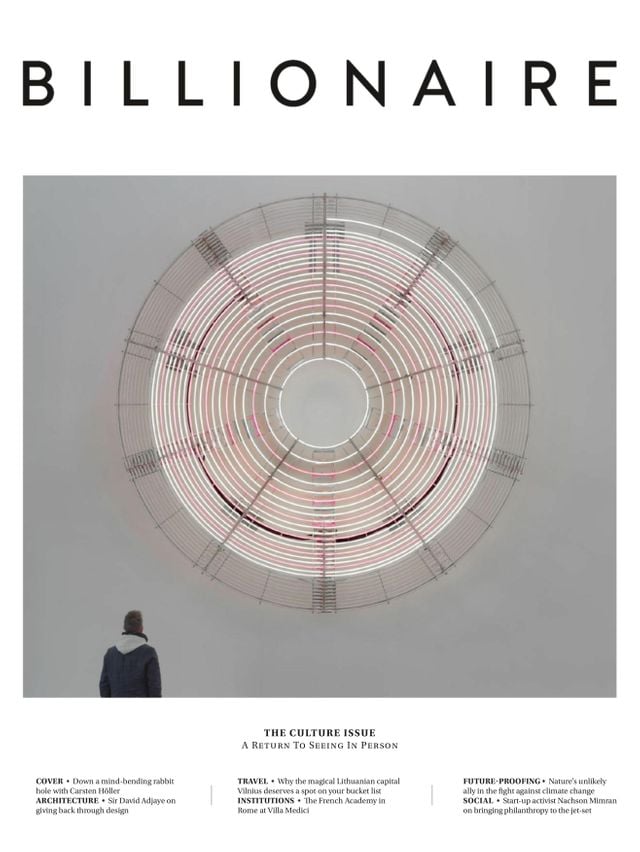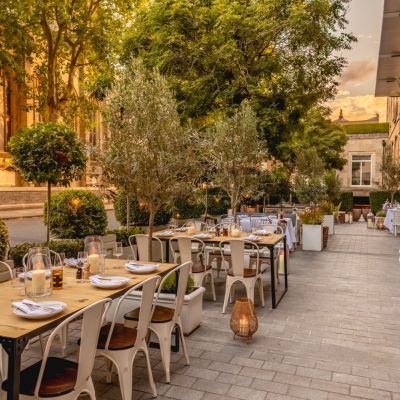How Technology Is Transforming Winemaking
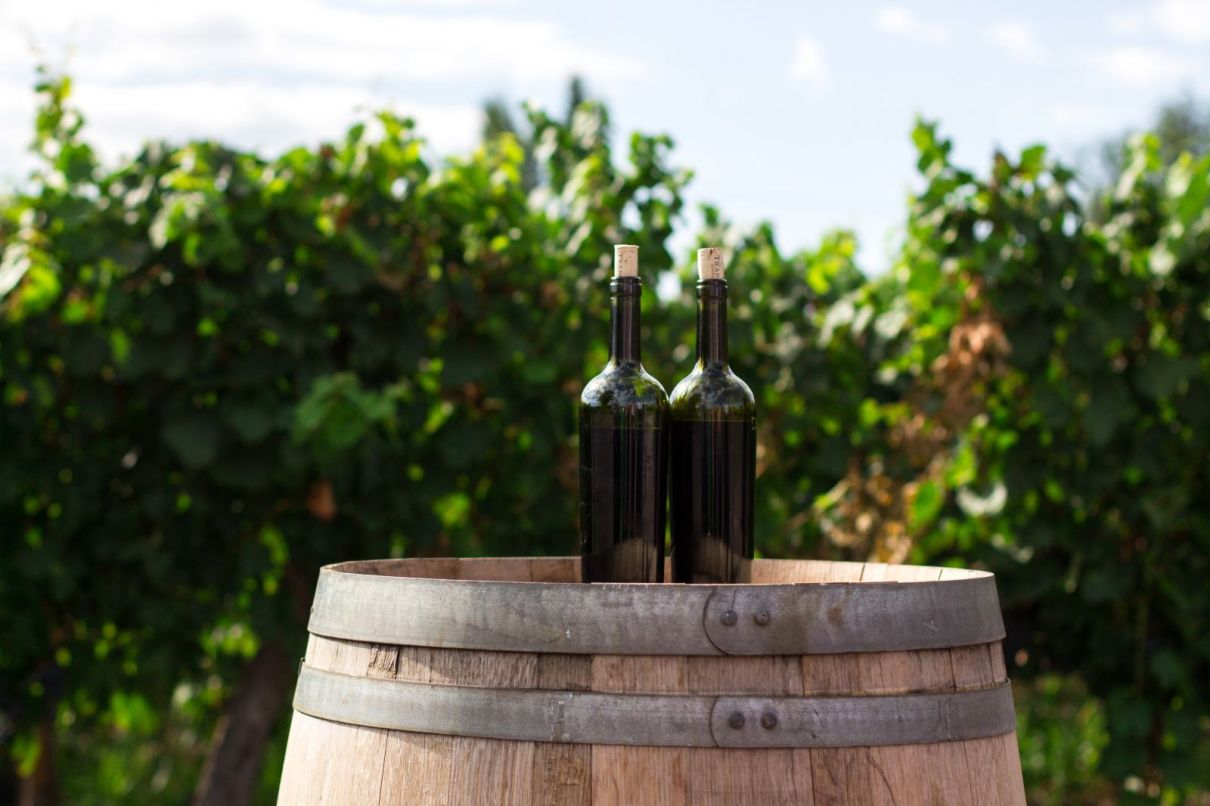
AI and Blockchain are radically transforming the production, distribution, and consumption processes of the wine industry.
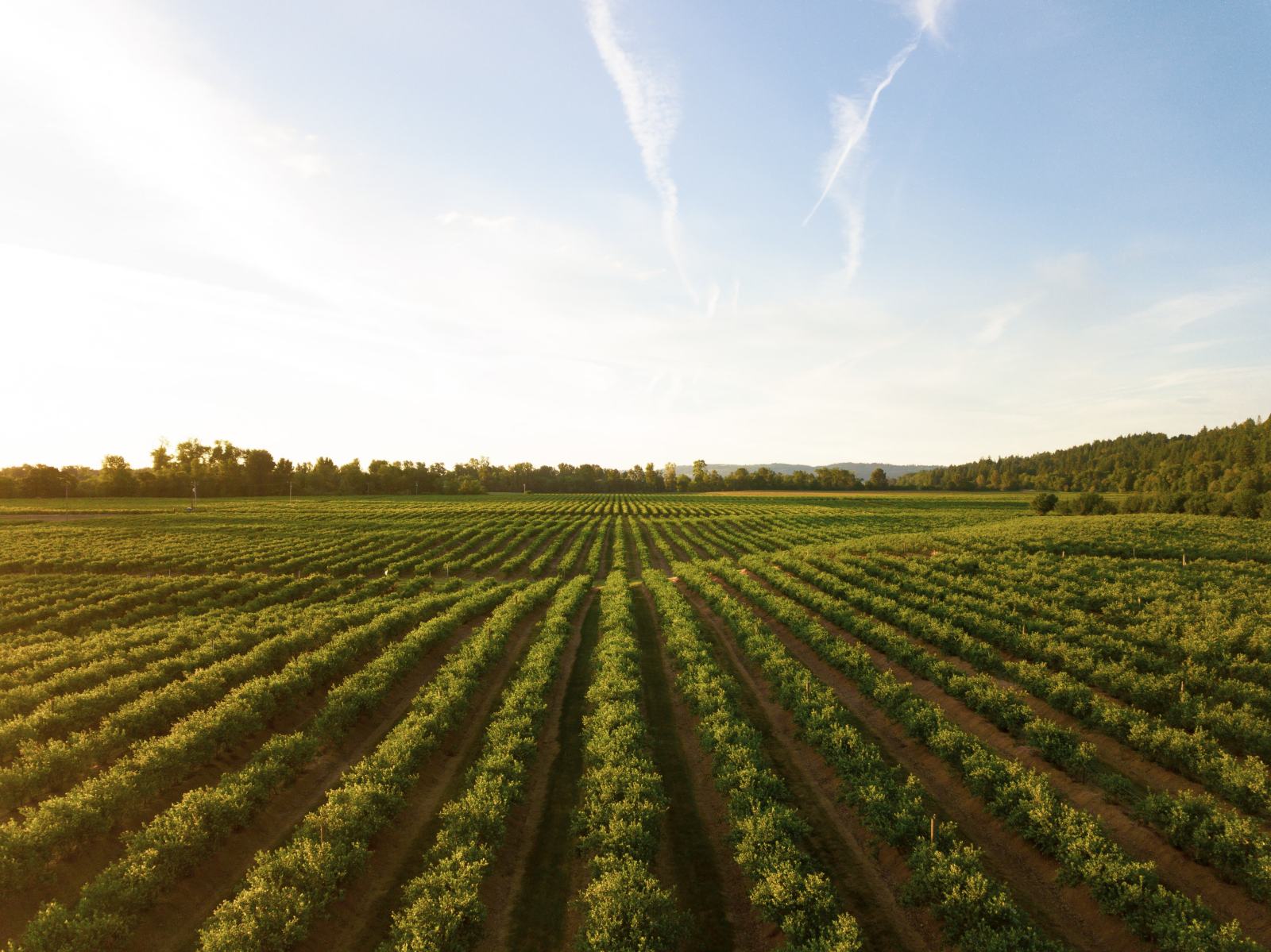
The ancient art of winemaking has remained largely unchanged in 8,000 years, relying on revered master winemakers and earned knowledge passed down from generation to generation. But in the 21st century, technology has played an increasingly transformative role in many industries and winemaking is now no exception. As an investor in technology and a lover of fine wine, it is exciting to see how technologies such as AI and Blockchain are radically transforming the production, distribution, and consumption process into new models for the wine industry.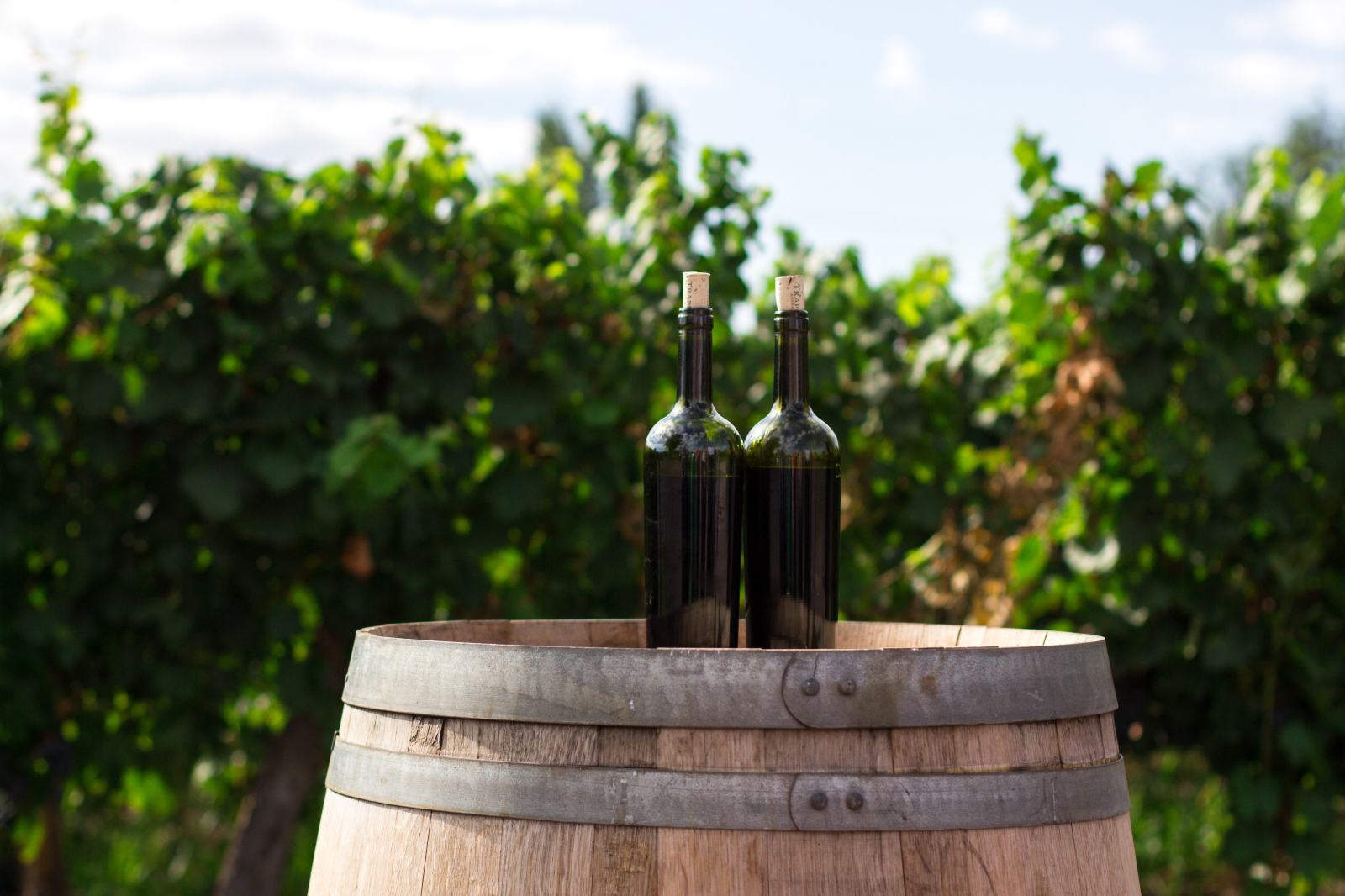
Wine Production
Robert Mondavi once said: “Making good wine is a skill; making fine wine is an art.” Whilst that is undoubtedly still true, technology is lending a helping hand, transforming wine production, once ladened with risk and unreliability, into precision agriculture that can produce consistent results. Ground-breaking technologies – bringing together viticulturists, designers and engineers - are enabling the wine industry to create more environmentally friendly wine and to improve efficiency in vineyards around the world.
Precision farming techniques alongside big data analytics that provide accurate technical information on issues such as levels of irrigation or the right time to harvest having a growing impact on the consistency of wine making. These kinds of technological innovations have enabled yield estimates to be much more reliable than traditional methods - cutting error rates by 50 per cent and, in turn, increasing transparency, traceability and tokenisation between suppliers, distributors and consumers.
Companies such as Terraview have created comprehensive operating system for vineyards in Europe and the US and ChênOX that allows growers to measure the dissolved oxygen levels in the barrel. This can help determine when to perform certain cellar operations, such as topping, racking and sulfiting, as well as highlighting any microbiological issues in real time.
The adequate storage of fine wine, viewed as an art form for decades, is now also accessible to every vintner. Advances in the precision of hygrometers by companies like Lumino has made it easier to store huge volumes of wine in the correct climate not to mention CellarTracker built by ex-Microsoft employee Eric Levine providing a comprehensive cellar management system for others to now plug smart APIs into for new applications and features
Wine selling and distribution
It is not just the production and storage of wine that is being transformed, the distribution of wine is also being disrupted. Software is now operating as the main distributor, breaking down the traditional layers of intermediaries that have historically made up the third-party fulfilment. Companies such as Adegga, the online wine market in Portugal, are a leading example of a new style of intermediation. The Adegga platform brings consumers and wine producers together, allowing wine lovers to discover new wines and purchase them directly from the producer. The company helps producers share the story behind each wine in direct contact with interested consumers.
As with many emergent global trends the coronavirus served as an accelerator for many tech-enabled solutions. Consequently, the wine industry was among the biggest beneficiaries as Adegga formed new relationships with the likes of Drizly (in the process of being bought by Uber) to provide wine straight from vineyard to households.
The emergence of blockchain technology is also making the wine industry more transparent and creating new models of ownership, payment and value assessment.
Companies like OpenVino are creating the world’s first open-source winery and wine-backed cryptocurrency. Inspired by the open-source software movement, their mission is to take disruptive technologies around transparency, traceability, tokenisation and provide proof of concepts. OpenVino sells cryptocurrency tokens that represent bottles of wine made from a specific grape harvest. The completely decentralised process – allowing the market to decide the price of wine – provides transparency into the operational procedures of each vineyard on the platform.
The proliferation of AI capabilities amongst wine companies with large data sets is entering into the consumer facing side of wine. Established companies such as Vivino, Pix, Vinolyze and Wine Searcher are already in a race to be the ‘sommelier in your pocket’, fuelled by personalised and predictive algorithms improving with every use.
We are entering an exciting new age for the wine industry. Technologies such as AI and blockchain, combined with the consumer changes accelerated by the pandemic, has created an irreversible shift in operational processes, supply procedures and consumer behaviours. As both a technology investor and a lover of wine this is particularly exciting time for me. The combination of thousands of years of wine-making knowledge and expertise blended with exciting new technology innovations is ushering in a new era where wine is more accessible, transparent, consistent and better for the environment, something I think we can all toast to.
Konstantin Sidorov is the Founder & CEO of London Technology Club, a venture capital firm which invests in tech-related opportunities.

